Since its launch in 2008, the Android mobile operating system has rapidly revolutionized and become an indispensable platform in recent years. With Android occupying almost 70-75% of the market share worldwide, mobile app development is an applicable solution to grow your business and reach potential customers.Thanks to the latest intelligent technology innovations, the future of Android mobile app development is promising. The mobile app market is expected to generate US$673.80bn by 2027, projecting an annual growth rate (CAGR 2022-2027) of 9.59%. In such an evolving market, staying competitive with the latest Android app development trends is essential.
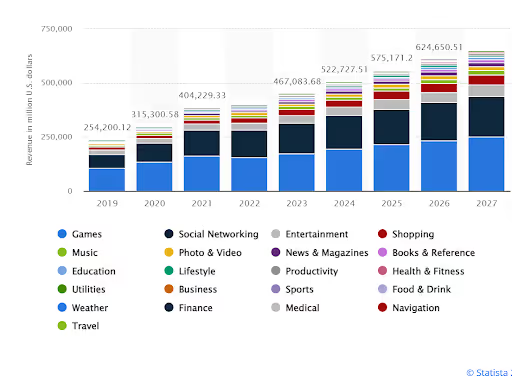
Generally, gaming, online shopping, news, lifestyle, food, and healthcare are noteworthy sectors for revenue growth. With such lucrative opportunities for revenue streams, scalable businesses must adapt to changing market conditions.Mobile apps are a one-stop destination for end customers to perform various tasks and gain benefits; thus, this market is expanding rapidly. As a result, businesses must focus on solving real-world problems with their solutions/services, along with providing excellent user experience and convenience. Therefore, they must keep up with the changing trends in Android app development.
Key Trends in Android App Development
With technology innovations getting more challenging every year, spreading a digital footprint for a business through Android app development is becoming difficult. Therefore, whether you are an entrepreneur, business owner, investor, or business enthusiast, these Android app development trends will give you a competitive edge.
Kotlin Taking Over Android App Development
In 2017, Google announced official support for Kotlin in its Android Studio IDE. This announcement of first-class support for Kotlin created tough competition for Java despite being a more familiar language among Android app developers.Kotlin offers several advantages over Java, accelerating development procedures and saving time. Being less complex than Java, it requires less coding, reduces errors, and is more efficient. As a result, Kotlin became a popular choice for Android app development over the years, replacing Java in the process.Want to know our app development process? Read our Android app development guide.
Increased Focus on AI and Machine Learning
Artificial Intelligence (AI) and Machine Learning (ML) are transforming the future of Android app development. With the integration of AI and ML in Android apps, you can leverage features like image and speech recognition, voice assistance, predictive text, personalized recommendations, and more. This can significantly enhance the user experience.Google Assistant, Amazon Alexa, FaceApp, Cortana, etc., are some of the game-changing AI-based Android applications. Many industry sectors invest in healthcare, gaming, fitness and wellness, eCommerce, and Social Media.For instance, social media apps use it for suitable content suggestions and eCommerce apps for personalized product recommendations, and so on.
Android Instant Apps
Want a lightweight and user-friendly solution in contrast to traditional Android apps? Android instant apps are proving to be a more suitable answer and are gaining considerable popularity. And they are exclusively available for the Android platform.These apps allow users to access content from an app without installing, saving space in their device and facilitating convenience. So, how do instant apps work? The user will be sent to a particular app section or feature to try by clicking on the instant app’s URL link. This makes it possible by splitting the app into modules and only loading the module needed to perform the action.In eCommerce and gaming apps, this feature is handy. You can allow your users to access the app’s product page or play the game for a while. This can be an excellent way to entice users to download the app.
Emphasis on App Security
Mobile apps with weak security measures can put user data at risk. This can enable a range of malicious elements to gain unauthorized access to customer information. Your business may face hefty penalties and loss of reputation & loyal customer base. Hence, robust app security is one of the latest trends in Android app development.With Android’s built-in security features, you can minimize the security risks and vulnerabilities. Even though Google Play designs policies and guidelines to create a safe ecosystem, it is crucial to take additional security measures.Implement cryptography, app permissions, secure interprocess communication (IPC), Android application sandbox, safe data storage, and networking mechanisms for building credible Android apps.Furthermore, hire a reliable Android app development company to ensure a powerful app and to keep it updated with the latest security practices.
Android Jetpack
Android Jetpack provides a modern toolkit for libraries, tools, and guidelines assisting developers in building advanced apps. With best practices, it simplifies the development process and allows developers to build applications for various Android versions and devices.Moreover, it facilitates faster UI development with less code and contains powerful Kotlin APIs, further streamlining the development. Hence, using Android Jetpack is among the latest Android app development trends.
Wearable Device Integration
The global wearable technology market is expected to expand at a CAGR of 14.6% between 2023 and 2030. Although wearable technology is not a new trend, its growing demand makes it an appropriate Android mobile app development trend for 2024 as well.Moreover, wearable device integration offers a range of benefits, including tracking workouts, calculating calories, monitoring sleep, and various other health-tracking solutions. Fitbit, Samsung, Noise, and Fossil Group, Inc. are well-known names in the wearable technology industry. Hence, leverage the wearable technology by integrating your Android app with Smartwatches and fitness trackers.
Enhanced AR/VR Capabilities
One of the widely adopted Android mobile app development trends is using Augmented Reality (AR) and Virtual Reality (VR). Many industries, like eCommerce, media and entertainment, EdTech, etc., integrate AR/VR capabilities to elevate the user experience and application functionality.AR/VR technology opens new opportunities for the industry, revolutionizing how consumers interact with their businesses. Some well-known examples include the virtual try-on feature of eCommerce apps like Amazon, games like Pokemon Go, and filters on social media apps like Snapchat.Want to know how much it costs to integrate the latest technologies in mobile apps? Read our blog on mobile app development costs.
Adoption of Chatbots in Android Apps
In this fast-paced world, customers demand fast responses and the availability of customer support 24/7. Chatbots have emerged as a groundbreaking solution, providing complete assistance to the customer support team. It responds to customer’s queries immediately, taking the workload off of the support team. Hence, chatbots are in high demand.The chatbot market size is expected to reach approximately $1.25 billion in 2025. Moreover, popular companies like Starbucks, Facebook, Duolingo, and several others are widely implementing chatbots. Hence, it is high time to make use of this one of the popular Android app development trends, saving workforce, money, and time.
Tap Into the Cloud Capabilities
In order to run faster, mobile apps must be lightweight, accommodating low CPU usage, RAM usage, and overall system resources. Choose cloud-native app development if you need scalable, resilient, lightweight Android apps.The Android platform offers unparalleled options for integrating cloud services, allowing you to build sophisticated and resource-intensive apps. Not only does it offload resource requirements, but it also accelerates time to market and enhances your app’s capabilities.Designing apps to run on cloud infrastructure is the best solution to achieve scalability, security, and cost-effectiveness. Netflix, Airbnb, Spotify, and Pinterest are all using cloud-native development, and you can, too.
On-demand App Development
On-demand apps are widely used and one of the most sought-after Android app development trends. There are many categories of on-demand apps, such as taxi/cab ride-sharing, food delivery, healthcare services, tutor apps, etc.The goal is to improve the customer experience and simplify the development process for the Android platform. Additionally, meet your audience’s changing needs and make it more accessible to your target audience with the right app development trend.Moreover, you can gain revenue benefits, foster brand awareness, and reach a potential audience. Therefore, partner up with an Android app development company to get started with on-demand app development.
Deliver Lasting Experience With Successive Digital’s Android App Development Services
Successive Digital is an industry-leading digital transformation company with 10+ years of experience. We offer a wide range of custom Android app development services from conceptualization to final launch and maintenance.With 800+ professionals, we take charge of your mobile app development project and deliver exceptional results. Whether it is a custom-built app with React Native or an Android app with native technology from scratch, we have the right solution to cater to your needs.
Conclusion
The global mobile app market was valued at USD 206.85 billion in 2022 and is expected to grow at a compound annual growth rate (CAGR) of 13.8% between 2023 and 2030. Hence, there is no doubt that 2024 will have several new Android app development trends.If we talk about the technologies shaping Android app development, artificial intelligence, AR/VR, Cloud, etc., are at the top. Moreover, Android Jetpack accelerates the development process, and wearable device integration offers convenience to users.Do you want to stay competitive in the coming year and gain more profit? Embrace these trends and adopt the latest technologies.
.avif)
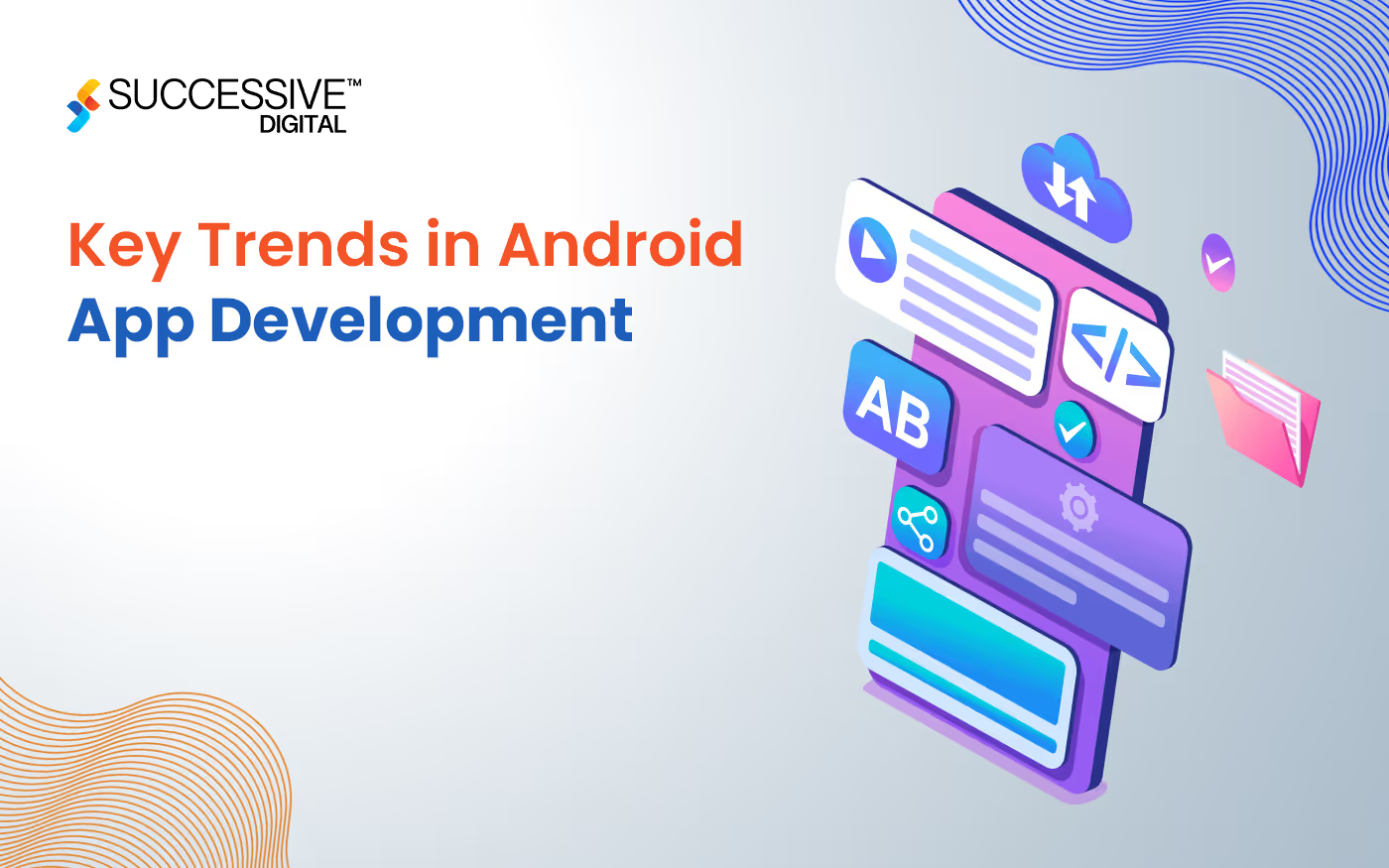




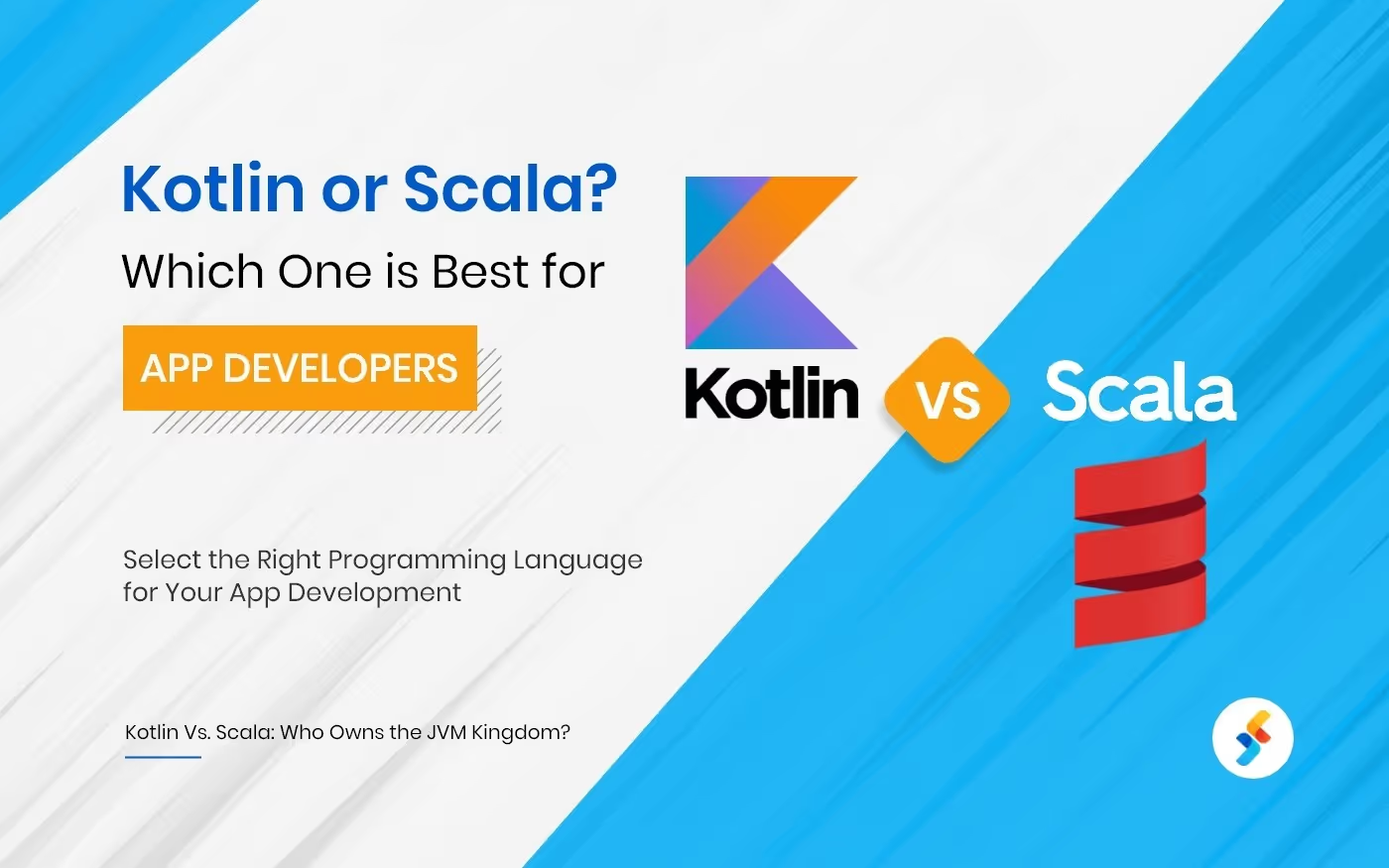
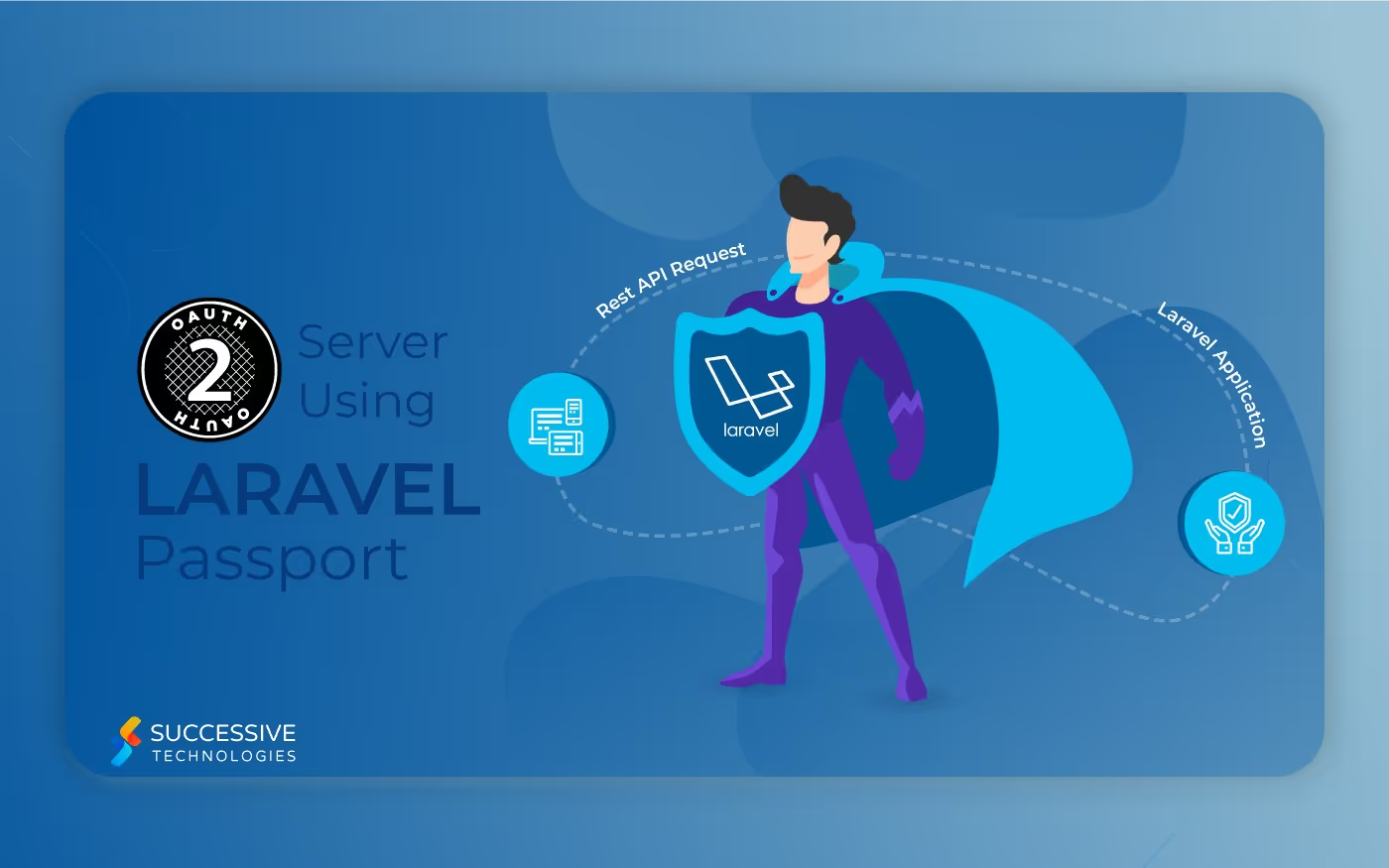
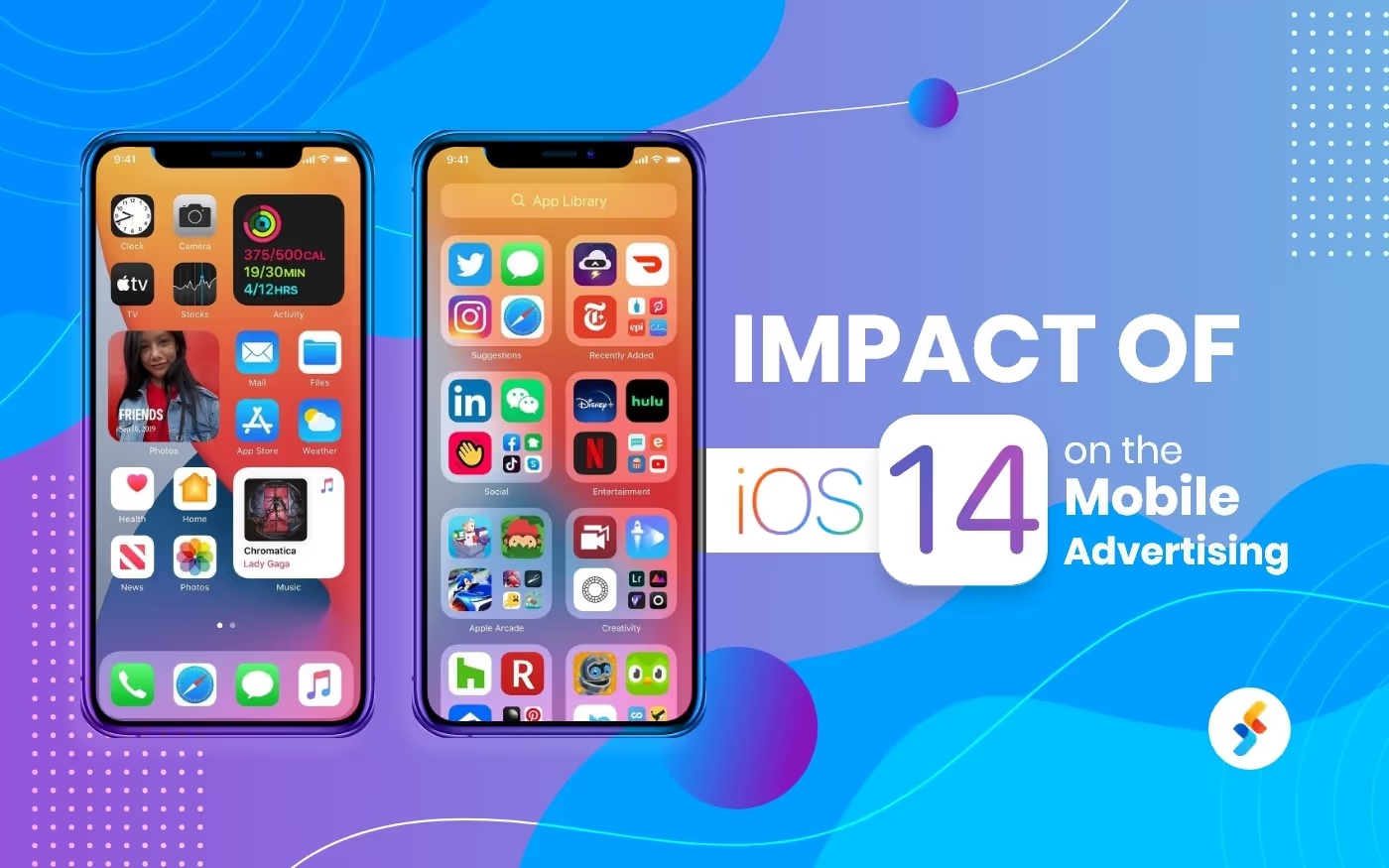


.jpg)









